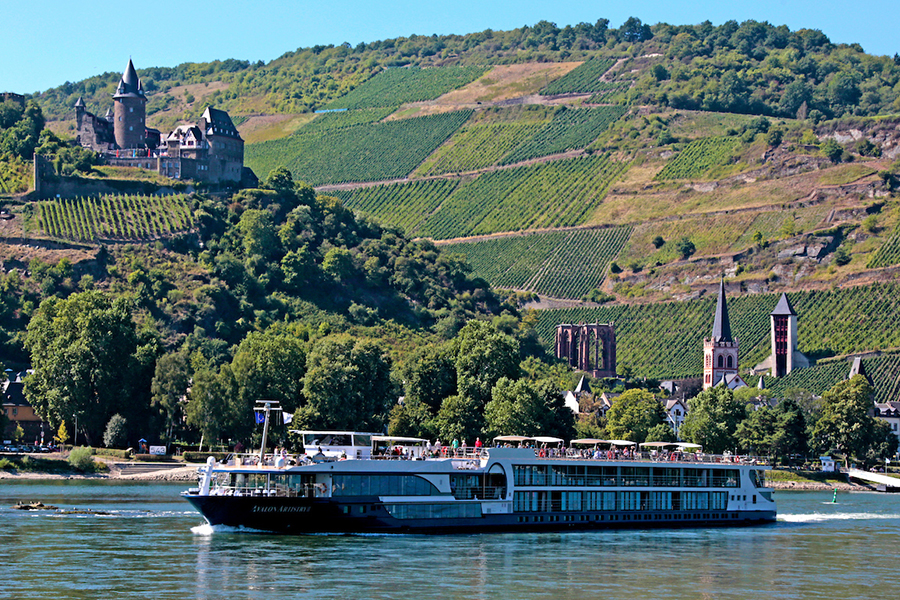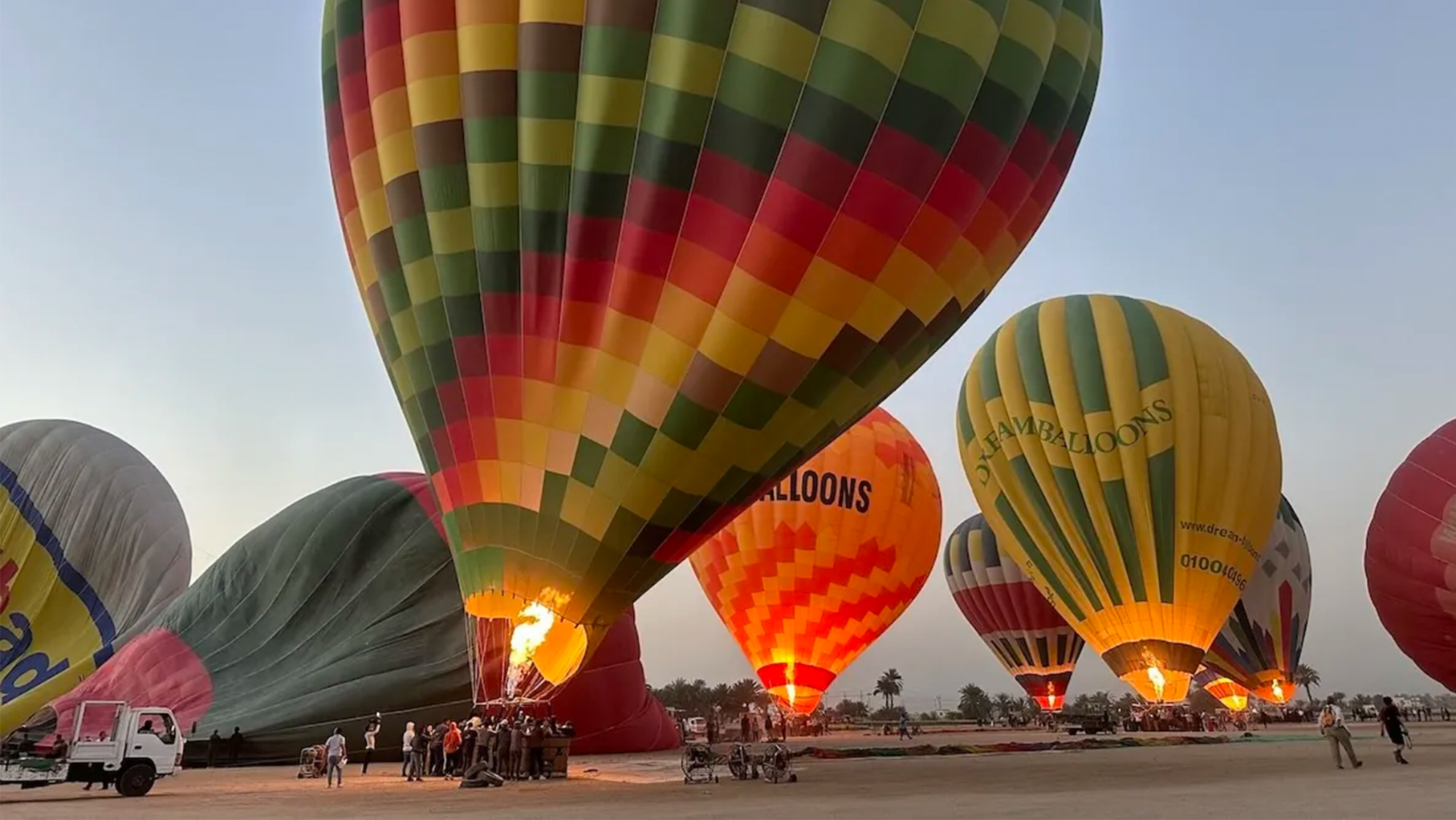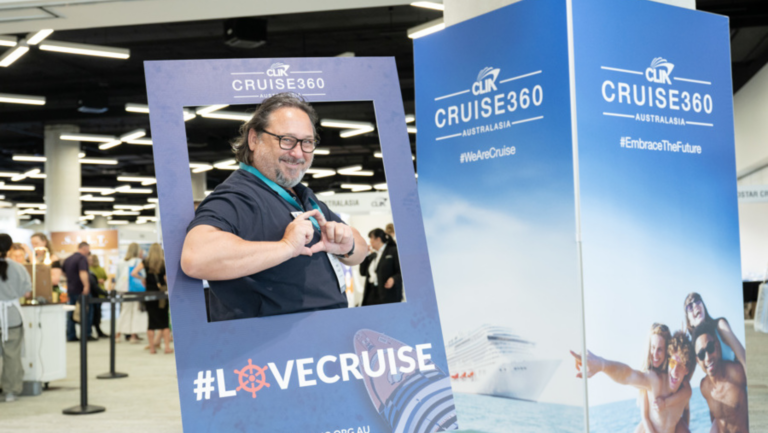CLIA’s Head of Training & Development, Peter Kollar has penned this exclusive following the hugely successful Cruise360 River Cruise Showcase in Sydney last week.
The river cruise industry has undergone significant evolution over the past decade, appealing to a broader demographic and offering innovative ships, styles, and experiences, as well as new commercial pathways for previously untapped river destinations.
While the products may have transformed, the strategic approach to sales remains crucial. Here are five essential tips for travel agents to effectively sell river cruises and ensure client satisfaction.
1. Invest in Your Education

To excel in river cruise sales, prioritize your education. Develop an understanding of each river cruise line’s offerings, including their inclusions, travel styles, and unique selling points. Secondly, familiarize yourself with the characteristics and traits of different rivers, as each has its own distinct personality that can be easily aligned with your client’s requirements.
Take advantage of resources like CLIA Australasia’s new-to-cruise river guides and comprehensive training electives. Many river cruise lines also offer specialist programs that provide invaluable insights into their products and selling strategies. This knowledge forms the foundation for all your future river cruise sales, enabling you easily reach the most crucial step in sales…
2. Create Emotional Connections and Personalise Experiences

Move beyond logistics and craft narratives that resonate with your clients’ desires. Delve deep into their travel motivations and preferences, using storytelling techniques to help them visualise their journey. Leverage neuromarketing insights by applying visuals such as photos, brochures, and videos to paint a vivid picture of the experience.
Critically, you must align the cruise experience with your client’s needs and motivation. You could make an argument that each river has hundreds of potential experiences, yet which one is going to spark my client’s interest.
For instance, a history enthusiast might appreciate a Danube cruise exploring medieval castles, while a food and wine connoisseur may prefer a journey through Bordeaux. By showcasing how the river cruise aligns with their specific interests, you make the experience more relevant and appealing.
3. Challenge Stereotypes and Highlight Diversity

River cruising has evolved beyond its traditional image as a leisurely option for retirees. Today, it attracts younger travellers, families, and adventure-seekers. Highlight the diversity of experiences offered, such as active excursions like hiking and cycling, as well as family-friendly options with kid-centric activities for those lines that cater for this.
Position river cruises as a versatile travel option, even suggesting them as stop-over activities for long-haul trips. By breaking free from outdated stereotypes, you can attract a broader range of clients who may not have previously considered this type of journey.
4. Emphasise Convenience and Immersion

Despite the constant evolution of the river cruise experience, one of its greatest advantages remains unchanged – its convenience. Unlike ocean cruises, river cruises offer a seamless travel experience with continuous scenic views and frequent stops in the heart of cities and villages. Emphasise the ease of unpacking once, smooth transitions between destinations, and the ability to step directly into town centres.
Also, you must include the cultural immersion that this type of intimate experience allows. With fewer guests, more personalised experiences, and smaller excursion groups blending onto shore right in the centre of destinations, exploration is never as easy as it is via river cruising.
5. Articulate All-Inclusive Value

While all-inclusive pricing can initially seem daunting to some clients, it’s crucial to clearly articulate the value proposition. Break down the package components, including accommodations, meals, drinks, guided tours*, and onboard entertainment. Many cruise lines may include a hotel stay, transfers to port pre and post cruise, and some even include airfares into their pricing.
*Often river cruises offer exclusive experiences, such as private tours or special access to cultural sites, adding significant value than a basic excursion.
Compare the all-inclusive cost to land-based alternatives to demonstrate the competitive pricing. By transparently communicating the value, you can help clients see river cruising as a worthwhile investment in a rich and fulfilling travel experience.
Though not one of my official 5 points… have fun! You are stylising a life-long memory for people who are investing in you. You are making a difference in their lives.
By implementing these strategies, you can elevate your sales approach and ensure your clients embark on memorable river cruise adventures that exceed their expectations and improve recognition of your services and business.



